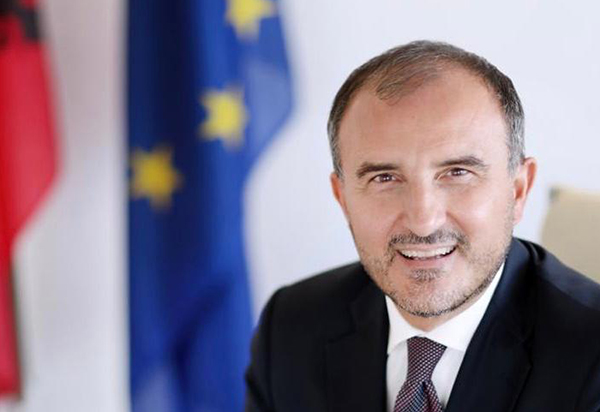With a lot of help from new friends, Albania reinvented its laws and its constitution to seek European Union membership
The first step was the easiest. Before the dust had settled from casting off the shackles of communism, Albania signed a trade and cooperation agreement with the European Union in 1992 and shortly afterward became eligible for Phare funding to begin the massive task of converting its business, legal, financial and governance life to become more like the EU’s. Now approaching three decades later, Albanian ministers have been visiting major EU capitals to lobby support for accession talks to begin.
From an economic perspective, none of the West Balkan states presents itself as a not-to-be-missed candidate. Small populations. Mixed ability skill sets. Lingering vestiges of a previously unacceptable lifestyle, a defect some current EU members have.
For Europe’s leading industrialized nations, even combined, the potential newcomers will not alone solve the looming labor shortage that threatens to stunt EU growth. Yet Albania does bring particular advantages. It has access to the sea and thriving ports. It has the basic ingredients of beauty, history and climate for huge growth in tourism. And it has shown the willingness to adapt the way it conducts itself, especially regarding the EU’s five key requirements: public administration, rule of law, corruption, organized crime and fundamental rights.

Help in structural and legal reform has come from Germany and the Netherlands, as well as the EU itself. Elections in 2013 and 2017 were measured by European standards – and both were considered free and fair. And parliamentarians agreed to give up legal immunities they enjoyed.
Albania has convinced the European Commission of its suitability for accession talks to begin. It still needs the go-ahead from the Council of Europe, the EU’s political head. The response is expected to come this June.
From the point of view of investors, as well as that of Albania’s potential partners and EU members, the most commonly cited areas of concern are corruption and organized crime. Broad changes in the judicial system now include a rigorous vetting system for judges and prosecutors, which has already eliminated half of those who have been through the process.
Since organized crime transcends national boundaries, clamping down on it necessitates close cooperation with other countries, and that too Albania has instituted. Intelligence is regularly shared with neighbors and frequent liaison visits are in place. Enforcing the rule of law at home is aided by EU programs as is a clean-up of public administration. Finally, improvements in human rights are constantly monitored in the candidate country.
Help in structural and legal reform has come from Germany and the Netherlands, as well as the EU itself. Elections in 2013 and 2017 were measured by European standards – and both were considered free and fair. And parliamentarians agreed to give up legal immunities they enjoyed.
Albania has convinced the European Commission of its suitability for accession talks to begin. It still needs the go-ahead from the Council of Europe, the EU’s political head. The response is expected to come this June.
The lion’s share of a €92 million pre-accession program to modernize agriculture was paid by the EU (€74 million) with Albania funding the balance. Around 300 farmers applied to benefit as soon as the scheme was published. The sector employs 43 percent of the national workforce and contributes 23 percent of the economy.
Starting in February 2019, Albania began a three-year €3 million program to improve implementation of key recommendations from the Council of Europe Group of States against Corruption and the Committee of Experts on the Evaluation of Anti-Money Laundering Measures and the Financing of Terrorism, as well as to strengthen institutional capacities regarding the code of conduct of public officials and whistle-blower protection.
Under EU guidance and with €85 million in funding so far, municipal administration services have been streamlined as the number of local government units has been slashed from 384 to 61 municipalities. As well as depoliticizing the civil service, the reforms have created merit-based recruitment opportunities for young people.